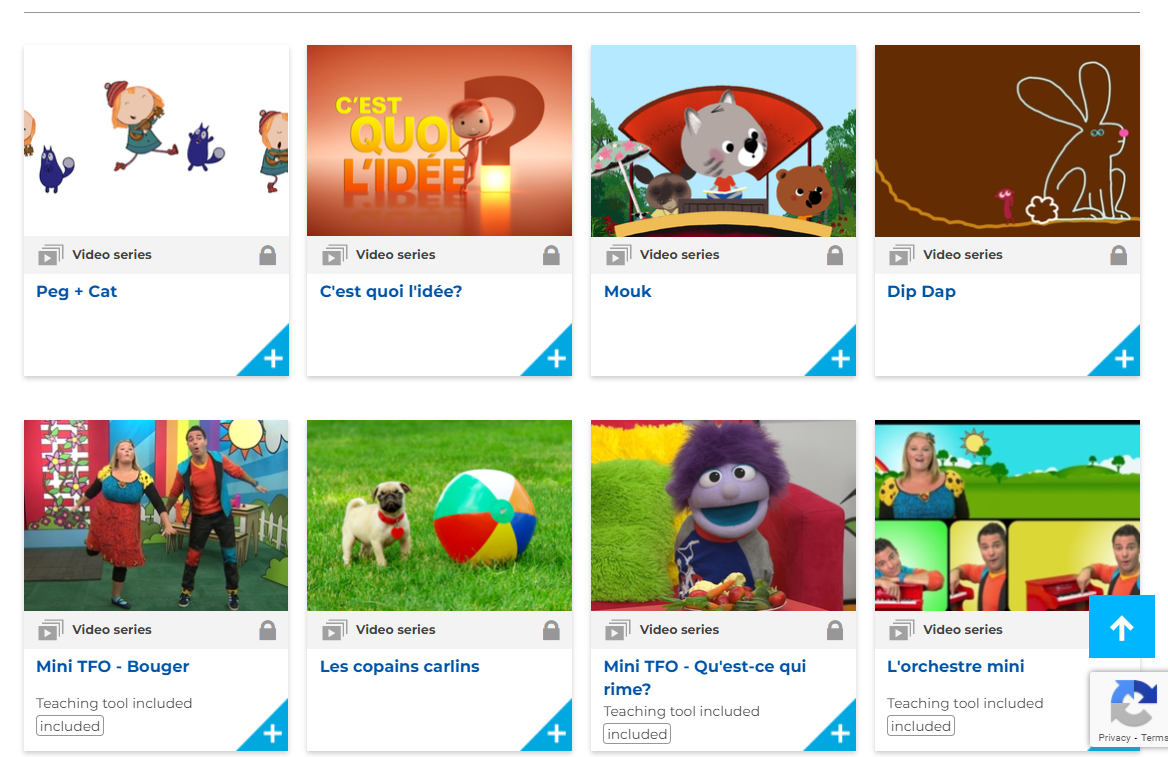French Version published in the Webzine Idello TFO, Édition décembre 2022 > Apprendre par le jeu avec IDÉLLO
By: Bobbie Smith, Communications Manager
This is The Early Years
The “early years,” of our children and students from years zero to six are about new joys and discoveries. Things like new toys, songs, books, experiences, sticky fingers, belly laughs, warm hugs and little wet kisses are so special and important. They create the glue that binds families, and stimulates the interactions that develop our children into young adults.
These toddler and preschool years may see a lot of silliness and fun, but they are hardly trivial nor frivolous. A lot happens for those first 84 months before a child turns seven.
The learning is non-stop.
Full-stop.
Cognitive Development and Benefits
Whether we are teaching children directly, exposing them to resources or modelling the French language and behaviour, they are continuously learning. Add second or third language learning to this already intense development stage, and you have a recipe for major cognitive benefits throughout the child’s life. It sounds like a lot of activity; it is! This is a good thing.
In the early years, these tiny brains are wired to build hundreds of new neural connections PER SECOND, causing multiple and significant changes. When it comes to language learning, parents want to know if and how they can ensure their children become bilingual and take advantage of all the cognitive and future career and economic benefits available.
Starting early is a great plan.
Exposing children to French during these years does not have to feel impossible. It helps to have some fluency or understanding of the new language(s); however, you do not have to be bilingual, as a parent. There are still strategies parents can use to encourage French language learning for their children, even before they can speak.
There is clear evidence to suggest that early childhood language learning leads to cognitive advantages, especially when it is consistent and exposes children to multiple modalities of content. What that means is: parents and educators need strategies and resources to expose children to French by simple daily routines, basic repetition, lots of rejoicing and positive rewards.
Ways that Parents and Caregivers Can Introduce French to Their Children
Taken from our Canadian Parents for French Advocacy Brief: Learning French in the Early Years: For A Bright Bilingual Future (PDF)
If parents are native French speakers or consider themselves comfortable in French, then it can be easy enough to:
- Read books in French with their child, daily, if possible, choosing a variety of books of different lengths and different subjects, such as via:
- Talk with their children about daily activities: what they are doing, what you are doing, or set aside a specific time to speak French, such as bedtime, bath times or meal times. The repetition and consistency are the most important aspects.
- Consider the one parent, one language strategy, making sure to always have each parent speaking the same language as much as possible.
- Parents can come up with ideas to motivate children to use the language by travelling, visiting family or connecting with other children who speak the language on a regular basis.
For parents who are not bilingual, why not try the following:
- Normalize French in the home by turning on French TV and/or Radio with bilingual children’s programming or cartoons (mini-TFO, Passe-Partout, change your Netflix and Disney language settings to French, mini-TFO YouTube).
- Listen to French podcasts for bedtime stories (Bododo on Ohdio, CBC/RC).
- Make a sensory bin filled with items for your child to explore – practise naming items in French.
- Download fun and educational French apps for stories, reading, and playing games in French, such as:
These ideas and more can be found in our Canadian Parents for French Advocacy Brief: Learning French in the Early Years: For A Bright Bilingual Future (PDF)
French Version published in the Webzine Idello TFO, Édition décembre 2022 > Apprendre par le jeu avec IDÉLLO

